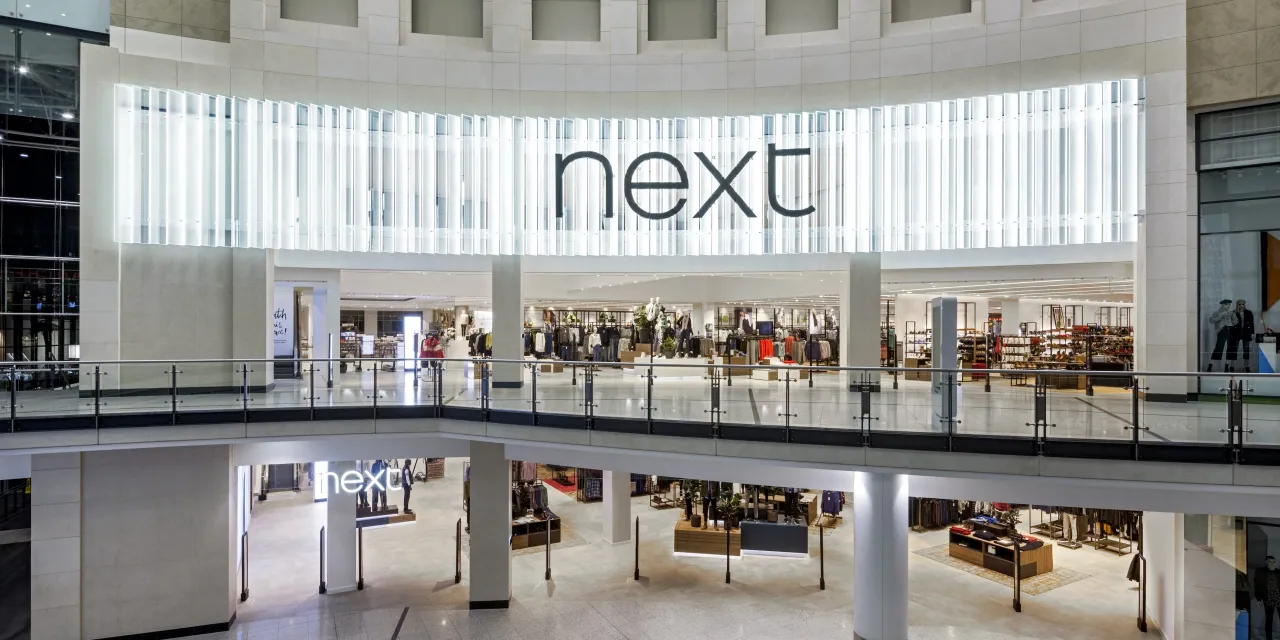Why Even Cash-Rich Companies Like Next Are Turning to Sale and Leaseback
As businesses evolve, financial strategies must follow suit. One tactic gaining traction, even among financially robust companies, is sale and leaseback transactions. Companies are looking for innovative ways to release capital, and Next plc, the UK retail giant, provides an ideal case study of why and how this approach works.
Next recently leveraged the sale and leaseback model across its portfolio, including its logistics warehouses in South Elmsall. Additionally, Next’s Leicestershire headquarters was also marketed for a similar deal. These transactions free up capital that would otherwise be tied up in owned assets, allowing the company to reinvest in operations, accelerate digital transformation, and optimise liquidity.
But why would a business like Next, which is far from struggling, choose this route?
The answer lies in the flexibility and capital freedom that sale and leaseback offers. By selling assets and immediately leasing them back, Next retains control of its strategic sites while transforming real estate value into working capital, with no added debt.
This model offers numerous benefits:
- Improved Liquidity: Unlocking 100% of the asset's value without the need for loans.
- Operational Control: Businesses continue operating in the same location with long-term, tailored lease agreements.
- Tax Efficiency: Lease payments are often tax-deductible as an operating expense.
